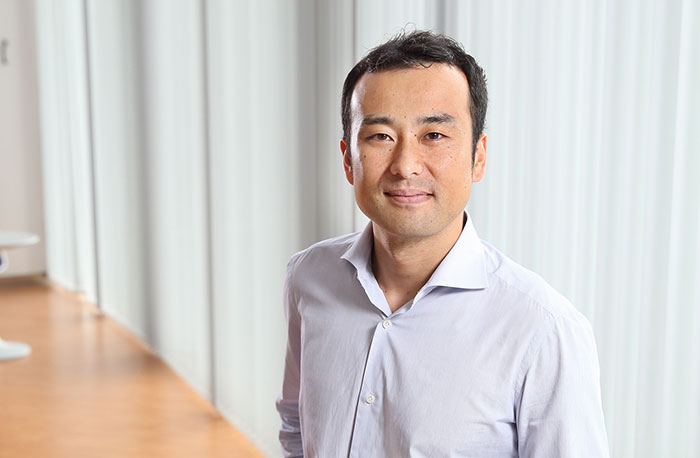This CUHK MBA Is Pushing The Circular Economy With Asia-Based Recycling Business

Media Coverage by BusinessBecause:
The astronomic rise of industry in Asia has only been matched by rapidly increasing levels of pollution and waste. This month, the Chinese water ministry revealed that over 80% of rural wells in its industrial north-east contain water unsafe for drinking.
Asian countries have been reluctant to adopt international environmental laws and many Asian factories continue to dump their industrial waste into rivers, polluting water supplies.
Atsushi Sugiyama, an MBA student at Hong Kong’s CUHK Business School, has set out to fix this problem. He’s expanding his family’s Japan-based recycling business – the Sun-up Corporation – into the wider Asian market.
Using Hong Kong as a base, he’s targeting factories in Thailand first, to develop his business and conduct the on and off-site recycling of organic solvents, chemicals widely used in industrial production.
Prior to his MBA, Atsushi worked in supply chain at car-manufacturing giant Mitsubishi in Japan. Now, he plans to promote sustainable business practices in Asia and hopes to one day make a massive expansion into high potential markets in India and China.
What are the future plans for your business?
We’re going to set up a joint venture, providing cutting-edge Japanese technology to recycle wasted organic solvents in Thailand.
Firstly, we’re going to start on-site recycling conducted in our customer’s factories. Then, we plan to invest in an off-site business, with recycling conducted in our own facility. It would be great if we could move off-site within three years, but for that we need intensive capital.
How have you prepared for your entry into Thailand?
We’ve conducted countless feasibility studies, interviews and research and we’ve traveled around Hong Kong, Japan and Thailand so many times to help materialize the idea and make a strategy.
Thousands of people may have a similar idea to ours at present, but there are few people who will seriously implement their plan and never give up until they get results.
What challenges do you face?
The most crucial challenge is to acquire suitable talents.
Even if we’re very successful in the future, I don’t want to create a huge pyramid organization. I’d like to keep to small numbers but exceptional talents: 10-15 people at most, each person with a distinctive ability.
What advice do you have for MBA students looking to start their own business?
Start a business as lean as possible. It’s essential to manage risks, especially financial risk at the infant stage. Don’t hire people too easily and don’t have fixed costs further than you can manage.
I also think that acquiring suitable partners is one of key factors for success. Even though we’re a small enterprise, we’ve successfully acquired resourceful and experienced partners, who are leading companies in the sector.
How severe are the environmental problems caused by the growth of industry in Asia?
The more the region is developed, the more we consume and are confronted with serious pollution and environmental problems.
While Asian countries have been rapidly developing in the past 20 years, environmental awareness has not yet matured. Many Asian countries have not yet adopted environmental protection laws that developed countries enforced more than 10 years ago.
Why are some Asian companies resistant to change?
Cost pressure is key. Big companies aside, the majority don’t dare to purchase and install high-end recycling and environmentally-friendly equipment if it can’t reduce cost.
Decreasing cost as well as increasing eco-awareness is essential for Asian companies to take environmental preservation and sustainability into serious consideration.
Why did you decide to pursue an MBA at CUHK?
To acquire a wider network and new insight to foster my business idea.
It was a natural decision for me to join CUHK. Hong Kong is the gateway to mainland China, which has huge potential for my business. And CUHK has the longest history and the biggest alumni network in Hong Kong.
What is the highlight of your MBA experience at CUHK so far?
In one group project, we presented my business idea to renowned venture capitalists and angel investors. It was a truly hands-on experience and I was able to refine my business through the feedback I received from investors.
Media: BusinessBecause.com
Section: News/ MBA Hong Kong
Date published: Apr 17, 2016

